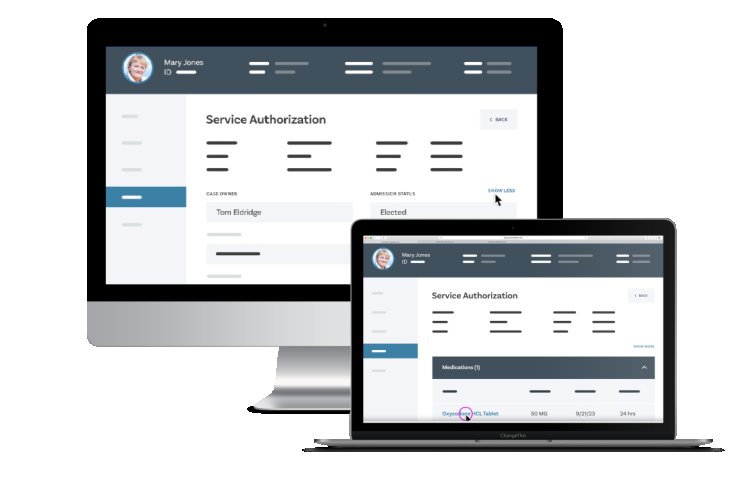Can Machine learning be A Catalyst for Healthcare Software Development? Understanding the difference!
Discover how machine learning is revolutionizing healthcare software development. Learn about its impact on patient care, operational efficiency, and medical research. Explore the challenges and opportunities in this rapidly evolving field.

The healthcare industry is undergoing a transformative shift, driven largely by technological advancements. At the forefront of this revolution is machine learning (ML), a subset of artificial intelligence (AI) that is poised to redefine healthcare software development. By harnessing the power of data, ML is enabling innovative solutions that improve patient care, streamline operations, and accelerate medical research.
Revolutionizing Patient Care
One of the most significant impacts of ML on healthcare software development is its potential to enhance patient care. By analyzing vast amounts of patient data, ML algorithms can identify patterns and trends that are not easily discernible to humans. This information can be used to predict disease outbreaks, develop personalized treatment plans, and optimize patient outcomes.
- Predictive analytics: ML can help identify patients at high risk of developing certain diseases, allowing for early intervention and preventive measures.
- Personalized medicine: By analyzing a patient's genetic makeup, medical history, and lifestyle,
 ML can help tailor treatment plans to individual needs.
ML can help tailor treatment plans to individual needs. - Drug discovery: ML algorithms can accelerate the drug discovery process by analyzing vast datasets of molecular structures and identifying potential drug candidates.
Streamlining Healthcare Operations
ML is also transforming the way healthcare organizations operate. By automating routine tasks and optimizing workflows, ML-powered software can improve efficiency and reduce costs.
- Administrative tasks: ML can automate tasks such as appointment scheduling, medical billing, and claims processing, freeing up healthcare professionals to focus on patient care.
- Supply chain management: By analyzing data on inventory levels, demand patterns, and supplier performance, ML can help optimize supply chain operations and reduce costs.
- Fraud detection: ML algorithms can identify patterns of fraudulent activity, helping healthcare organizations protect patient data and prevent financial losses.
Accelerating Medical Research
The healthcare industry generates massive amounts of data, which can be challenging to analyze and interpret. ML can help researchers extract valuable insights from this data, leading to new discoveries and treatments.
- Image analysis: ML can be used to analyze medical images such as X-rays, MRIs, and CT scans to detect abnormalities and assist in diagnosis.
- Clinical trial optimization: ML can help identify patients who are most likely to benefit from a particular treatment, improving the efficiency of clinical trials.
- Genomic analysis: By analyzing genetic data, ML can help identify genetic markers associated with diseases, leading to new therapeutic targets.
Challenges and Considerations
While the potential benefits of ML in healthcare are immense, there are also challenges to overcome. Data privacy and security are paramount concerns, as healthcare data is highly sensitive. Additionally, there is a need for skilled data scientists and ML engineers to develop and implement these solutions.
Furthermore, it is essential to ensure that ML algorithms are unbiased and do not perpetuate existing inequalities. Careful data curation and model validation are crucial to mitigate these risks.
The Future of Healthcare
The integration of machine learning into healthcare software development is still in its early stages, but the potential for transformation is undeniable. As technology continues to advance, we can expect to see even more innovative and impactful applications of ML in this field. By addressing the challenges and harnessing the opportunities, we can create a healthcare system that is more efficient, effective, and patient-centered.
What's Your Reaction?

































